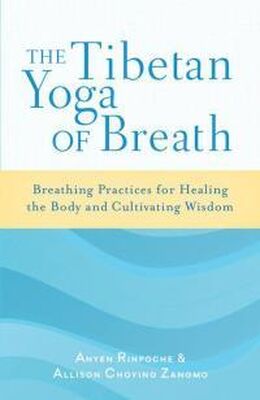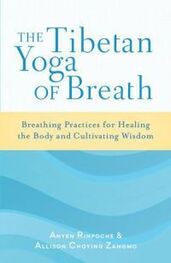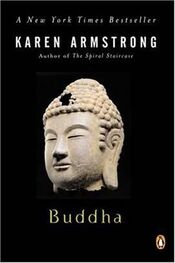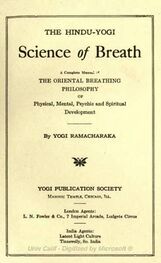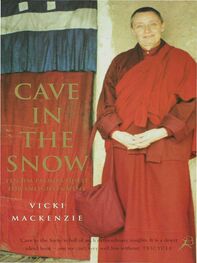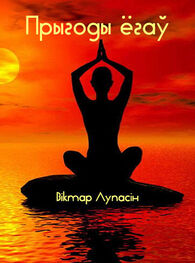We may fantasize that using our creative talents would emotionally and spiritually satisfy us and bring us lasting happiness. However, even if we create a wonderful product, concept, or work of art, others may dislike and judge it, or copy it and sell our idea to someone else. Or, we may create an artistic masterpiece but live in poverty. No matter what kind of work we do, it will be the cause of accumulating negative karma because we will feel anger, attachment, jealousy, pride, and ignorance in relation to our work. We should reflect on the fact that this karma will ripen as suffering.
The suffering of presidents and world leaders. Even if we fantasize about a glorified position such as being the leader of a country—a president or a prime minister, for example—we should reflect on the fact that life is still mired in suffering. In order to become president, there is the great suffering of chasing after millions of dollars in order to get on the ballot for election. While on the campaign trail, there is the suffering of making promises that cannot be kept because future compromise is inevitable. Even after we win the election, even that great success does not bring us even one day of happiness. For the term of our administration, we have to worry about every decision made and every word spoken because of the way that our decisions and words may be interpreted and repeated. We will have to shoulder massive no-win political or global situations, during which we will look bad and fuel the hatred of many, no matter what we decide. We should contemplate the fact that great negative karma is accumulated based on this type of high status position, which ripens as suffering.
The suffering of the independently wealthy. Even though we know the old adage “Money can’t buy happiness,” we often still fantasize that it does. Many of us have probably imagined what it would be like to have unlimited financial resources, and to give up all of the normal responsibilities that ordinary people have to deal with, such as doing what we are told and working long hours. However, even those with unlimited financial resources experience great suffering. We may fall out of touch with others because we have such a different lifestyle, and thus feel isolated. We may lack the structure that comes from having to organize our time, and may not feel an urgent need to develop ourselves spiritually, since we have all that money can buy. We may experience great fear about facing life in the future without money. Others may use us for our money, and we may not be sure who our true friends are. And yet, our wealth will never keep us from facing the suffering of old age, illness, the death of loved ones, or any other existential suffering. Our abundant wealth will be the cause of accumulating negative karma because we will feel anger, attachment, jealousy, pride, and ignorance in connection to our wealth. We should contemplate the fact that this karma will ripen as suffering.
The suffering of great beauties. We often fantasize about the lives of people who are uncommonly beautiful. We think to ourselves, “It must be so wonderful to be admired by others.” But we fail to think about what great suffering ensues based on having an attractive appearance. If we enjoy a beautiful appearance, we may become attached to our own beauty. We may find ourselves constantly worrying about how we look. As a result of this mental anxiety, we experience the sufferings related to maintaining a youthful appearance: depriving ourselves of food, peeling off our skin or using harsh chemicals on it, and spending hard-earned money on plastic surgery and cosmetic treatments. We may feel competitive toward others, thinking, “Is he or she more attractive than me?” We may fear losing the admiration of others, and as a result we experience anger, attachment, jealousy, pride, and ignorance in relation to our physical appearance. We should reflect on the fact that this karma will ripen as suffering.
The suffering of celebrities. We may think it must be incredible and fulfilling to be on stage. Have we ever stopped to think about how much suffering being in the public eye brings? To achieve stardom, singers and actors may be driven by great ambition and hopes of fame. But at what price? Caring deeply about achieving fame and stardom may cause marriages and families to fall apart. The tabloids are filled with stories of the family feuds and divorces of the stars. Every detail of our lives, whether it be true or not, may be shared online by our fans and critics, and our photos may be doctored and printed on magazine covers to entertain consumers as they wait in line at the grocery store. We may become jealous and competitive, wanting to maintain status, fame, and fans. The wish to captivate the hearts and minds of many causes us to experience anger, attachment, jealousy, pride, and ignorance—what we know as the five poisons. We should reflect on the fact that this karma will ripen as suffering.
Exercise 19

CONTEMPLATE ORDINARY SUFFERING
The fact that each being has its own accordant suffering means that no matter who we are, whether we have a prominent place or the humblest place in society, we all experience suffering. Reflect on all of the ordinary suffering that each and every living being experiences. Many of us face the unbearable suffering of the death of a child. All of us will experience being separated from our parents, either by emotional estrangement or by death. If we are married or in a long-term relationship, that relationship will either break up or end with the death of one of the partners. Many of us have families that do not behave like families due to alcoholism or other kinds of addictions, and we grow up lacking stability and intimacy. Even if we do have a more stable family life, we will still experience the suffering of disagreements, arguing, and fighting.
All of us will experience illness and problems with our health. Sooner or later, we will watch our own bodies break down and decay. We may experience the suffering derived from wealth—of wanting to maintain the wealth that we have, or of wanting to protect our wealth from being taken or lost. We may experience the suffering of poverty—either actual poverty or mental poverty and discontentment.
There are even simpler forms of suffering. When it is hot outside, we wish it were cool. When it is winter, we cannot wait for summer. Suffering results from ordinary actions such as eating. When we eat too much, it is painful to have too much food in the body. Or, when our bellies are completely empty, we hunger for food.
There is the suffering brought by the development of technology in our society. For example, in developed countries, there have been amazing developments in medicine, energy sources, and interconnectivity, such as the Internet. Although there are many benefits to having such developments in technology, great suffering also results from it. From technology we create poisons and weapons. We contaminate our food supply. This may cause us to romanticize a lack of technology, thinking, “When there is no technology, everything is natural, everything is wonderful.” However, without technology, beings experience the sufferings of not having vaccinations and medical cures. There is the suffering of not knowing how to grow enough food to feed the population, which results in famine. There is the suffering of not knowing how to maintain clean water. There is the suffering of not knowing how to prevent illnesses at birth and in childhood, leading to tragic mortality.
Exercise 20

CONTEMPLATE THE EQUALITY OF ALL PEOPLE AND PLACES
Читать дальше